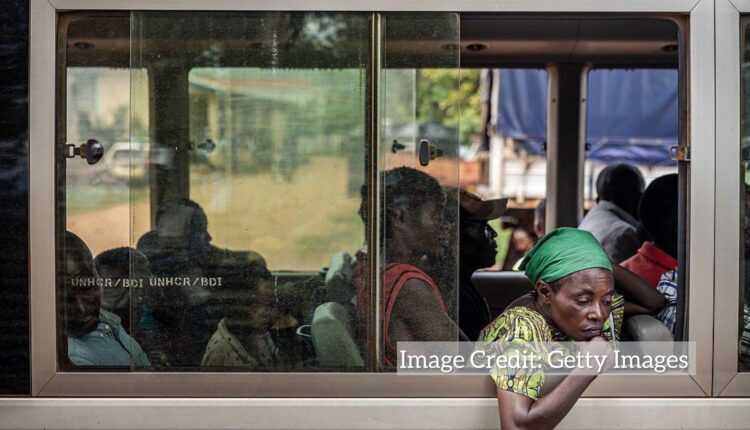The United States’ decision to grant refugee status to a group of 59 white South Africans mostly Afrikaners has sparked criticism from human rights groups and refugee advocates who say the move highlights a racially biased approach to immigration and asylum. Signed into effect by President Donald Trump in February 2025, the executive order specifically facilitates the resettlement of white South Africans on grounds of alleged racial persecution, despite no international consensus that such persecution exists.
President Trump has justified the decision by claiming that white South Africans are victims of “systemic discrimination and violence,” pointing to unverified reports of land seizures and farm attacks. During a tense Oval Office meeting with South African President Cyril Ramaphosa in May 2025, Trump reportedly confronted his counterpart with video footage and media excerpts alleging attacks on white farmers. Ramaphosa firmly rejected these claims, stating that while crime is a national issue in South Africa, it does not target one racial group exclusively. He emphasized that the majority of crime victims are Black South Africans and accused Trump of misrepresenting facts for political reasons.
Critics argue that the Trump administration’s move is a clear example of double standards. While the door has been opened to white South Africans, asylum seekers from war-torn regions such as the Democratic Republic of Congo, Syria, Afghanistan, and Venezuela continue to face lengthy delays, detentions, and deportations. Many of these refugees are fleeing armed conflict, political repression, or humanitarian disasters conditions typically recognized under international asylum laws.
Human rights groups, including Amnesty International and Human Rights Watch, have denounced the U.S. policy shift as racially selective. “This is not about humanitarian need it’s about ideology,” said a spokesperson for the Refugee and Immigrant Center for Education and Legal Services (RAICES). “It sends the message that whiteness is a ticket to safety, while others must wait or be turned away.”
Historically, the U.S. maintained close ties with South Africa’s apartheid regime during the Cold War, and some experts view this current policy as a continuation of longstanding sympathies toward Afrikaners. Historians also warn that framing white South Africans as refugees could undermine the broader global asylum system by politicizing what should be a humanitarian process.
Despite the backlash, the White House has remained firm on its stance. In a statement released in late May, the administration reaffirmed its commitment to what it calls “race-blind justice,” though many advocacy groups argue the opposite is occurring in practice.
As global refugee numbers reach record highs, the U.S. policy on white South Africans adds to a growing debate on who is deemed deserving of protection and why. For the thousands of refugees stuck in camps or facing deportation orders, the message is clear and, to many, deeply unjust.








